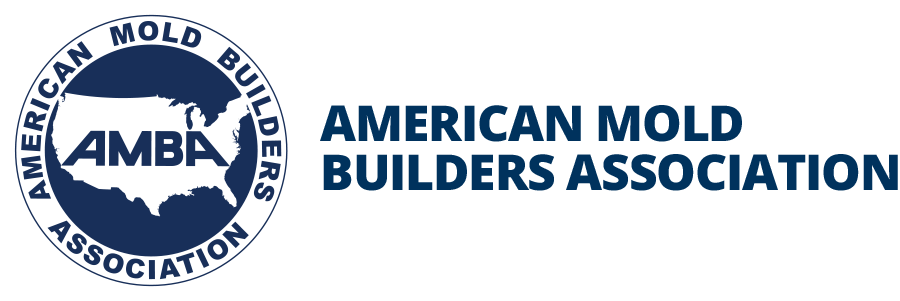FAQ
Overview > Career Path > Education > FAQ > Testimonials
Frequently Asked Questions
Ready To Pursue A Career In Mold Building?
Whether you're a high school student, unsure of your next step, attending a two-year technical school or a four-year college, pursuing a career in mold building can be a fitting next step for many. Like any profession, however, it can feel overwhelming to know where to start.
Interested in getting your career in mold building started? Check out our FAQ below and then contact us to get information on apprenticeship programs, access to member companies and to learn more about AMBA's other resources.
Do all mold builders anticipate going into a career in mold building?
Mold builders come from a variety of avenues and career paths, including high schools, technical schools, four-year colleges and other professions and trades. Some go through an apprenticeship and/or journeyman program, while others begin in entry-level positions. Several have family or friends already in the manufacturing field (or mold building specifically), while others are brand new to the industry. Many even start along other career paths and pursue other professions before discovering mold building. Regardless of what path you've taken or are contemplating, there are opportunities for everyone within this industry.
Are there different kinds of specialties within mold building?
Absolutely. Internship, apprenticeship and/or entry-level opportunities include specializations in print reading and shop, CNC precision machining, design basics, programming and EDM, and more, while more experienced specializations include plant management, tooling engineering, mold maintenance, program manager, product developer, inventor, laser, welding and polishing and sales.
What kind of education do I need to pursue a career in mold building?
Although some mold builders choose to complete an associate's degree in specializations like tool, manufacturing and/or plastics engineering technology, many others go directly into the workforce without attending additional school. There are also a variety of high-tech opportunities for those with four-year degrees, particularly in engineering, mathematics and computer science. No matter your level of education, certain skills - like critical thinking, organizations skills, interest in math and technology and the ability to work in a team - can be equally helpful in a mold building career.
If you do pursue a degree, what kinds of courses will you need to take?
Examples of courses you'll need to take include math, drafting, CAD and machine shop. Within an apprenticeship program, other examples of courses include basic shop math, machine shop theory and safety.
Are there opportunities for growth within a mold building career?
Absolutely. Regardless of one's completion of certificates, specializations in community college and/or degrees from 4-year universities, many mold builders complete an apprenticeship program and continue on to journeyman programs. Because mold building is so reliant on technology, there are also a variety of continuing education opportunities as a mold builder's skill set becomes more and more specialized.
Do mold builders make a competitive salary?
Although there are no set wages in this industry, in an entry-level position, employees make approximately half that of an experienced mold builder. Opportunities for more pay come with additional technical schooling and training, as well as experience. Experienced mold builders (with 10+ years in the industry) make an average hourly wage of $24.07 and an average salary of $33,479 - $75,790 (as reported by Payscale.com). In addition to competitive pay opportunities, many mold builders also begin with little to no debt, since schooling after high school is not required. Additionally, many companies host their own apprenticeship programs or will provide scholarships to workers beginning their apprenticeship.
Are there particular traits, skills or abilities that help someone succeed in mold building?
Having a good work ethic and attitude, as well as a willingness to learn from others, can be a huge asset within mold building. Other aptitudes that encourage success in mold building include mechanical aptitude, computer skills and an interest in hi-tech, advanced technology.
How many hours does a mold builder typically work?
Shop hours vary, but often offer a lot of flexibility. As a gauge, however, the norm in the Chicago metro area is around 10 hours per day, 5 days per week.
What are the best parts about a career in mold building?
Most mold builders have a great deal of pride in their work and a sense of accomplishment. Every day is different and so it's never boring. The work can be challenging, but there are always opportunities to learn more and rely on the team that you have around you. Much of the work is also extremely high-tech and impacts most parts of the world around us.
Are there many jobs available in mold building?
There are a ton of job opportunities for anyone looking to get into mold building. There is a huge skills gap that is continuing to widen as older generations of mold builders retire, and their positions remain unfilled due to a lack of new, available and trained workers. With the right attitude and a willingness to learn, anyone getting into mold building has a strong future in the industry.




